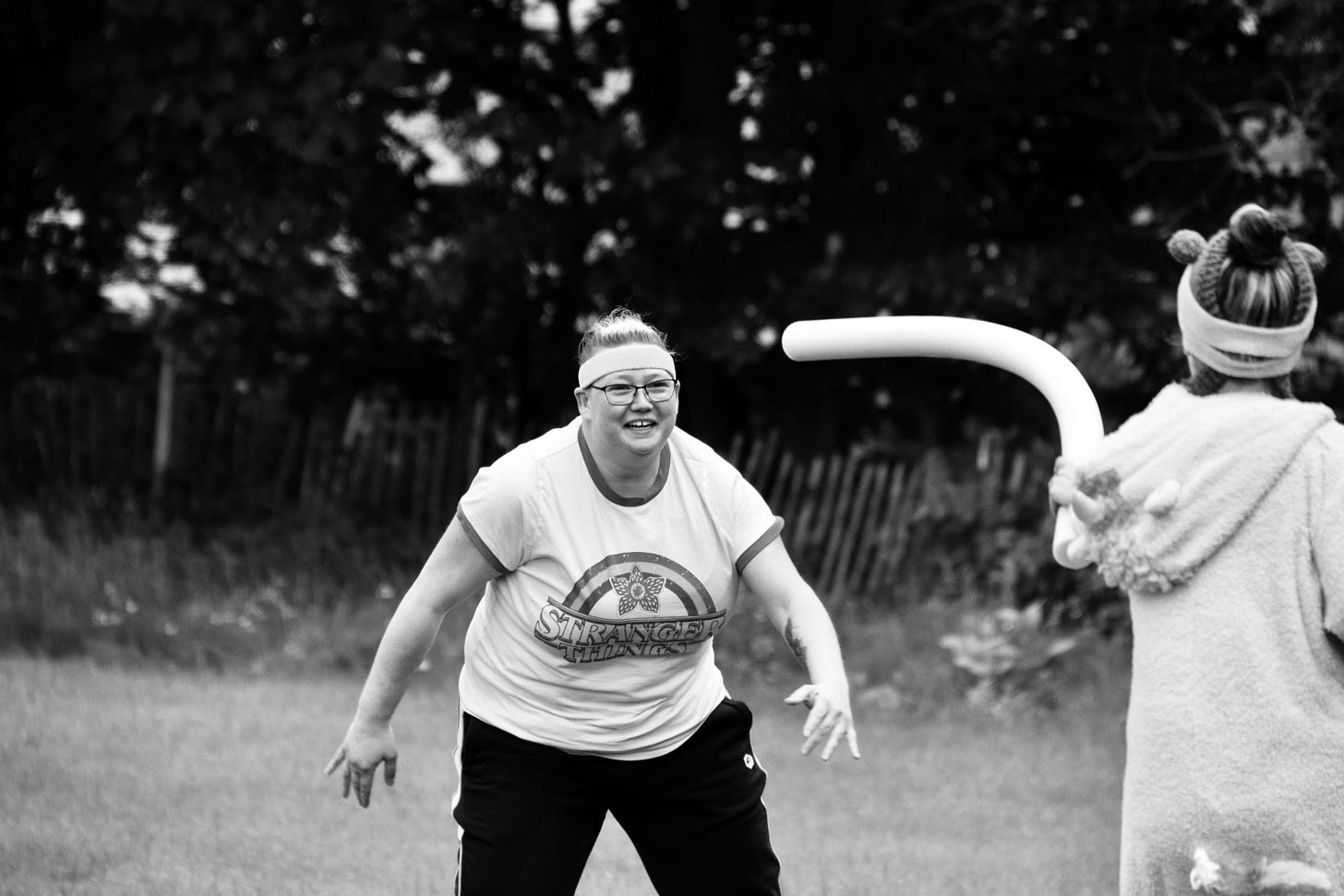Play is purposeful practice
Richard Cheetham MBE is a Senior Fellow in Sports Coaching and has worked in coach development, rugby and cycling. He explains why play is crucial for all ages and all players.
In order to define play, it is often best to reflect upon one’s experience of it. The individual nature of play comes from a recollection of a series of joyful moments with others, across a lifespan. Play is not confined to childhood.
I swerve away from definitions and prefer to tell stories but if there was one then Michael Rosen seems to sum some of it up: “Play is at the heart of creativity…..it is a form of experimentation that loosens often rigid boundaries of our very structured world, allowing us to try, allowing us to fail (and) allowing us to see that success might come in an unexpected shape…”
Educational research shows that play is an essential component of a child’s physical and emotional development.
It is here that connections are made, by socialising and exploring. In play, imagination is unhindered by a curriculum or expectation. It is freedom, learning and most of all pure joy.
Throughout my coaching path, I have ensured play is as much a key element as any tactical or technical instruction.
It can provide an ‘off’ button when training is intense, an energiser after a weekend defeat or the prospect of another winter night in the mud.
When it’s snowed we’ve made human sledges, snowball fights for agility/evasion and a snow angel warm up.
Play is never resisted.
How to incorporate play into a session
I believe that play hasn’t been fully used by coaches. It can be regarded as something to be confined to younger age groups, and some of those age group coaches are either unsure of ‘how to use it’ or too constrained by delivering ‘the game’.
Let’s we examine why children take part (and remain) in sport.
I often refer to the phrase ‘continuation desire’ - “I can’t wait to come back next week”. It is a significant driver to influencing coaching philosophy and coaching practice.
The three sources and consequences of sport enjoyment are: achievement, social and intrinsic.
Within this we find that ‘friendships, team interactions, excitement and energy and good times are constituent parts of this.
Therefore, as coaches it is essential that we recognise this and help children truly flourish with an environment that reflects this.
I will always remember a coach development workshop where it was highlighted that children leave sport for a number of reasons one being cited as a ‘lack of joy’. Coaches leave sport for the same reason.
Play is a considerable motivation to continue in the sport that players of all ages love to be involved in.
Play comes in all forms, from small sided games, tug of war, sock wrestling, modified American football to lifeboats and dodgems using swimming noodles (which can help players get low in a tackle).
Some of the favourite games embody free play, transferable skills, creative thinking and problem solving.
If you stood and looked from the sideline, there is not one moment of wasted time and plenty of ‘game like skills’ at the heart of the play time.
Coaches often ask me: ‘How do we include more play?’ and ‘Where do you get ideas from?’ Games from childhood often stand the test of time and versions of tag are always successful.
One version of tag I use is called ‘off-ground tig’. (See end of article for the rules)
As well as using classic childhood games, I also watch others and co-create games with the players.
Allow for mistakes and modifications, they are part of the play experience. Don’t be afraid. The play journey is one that has endless opportunities and treasured memories.
When creating joyful, playful experiences for others we also feed on that emotion for ourselves as coaches. Create the sessions you want to be in. It is hard not to stop me from joining in most of the time.
Play is purposeful practice, just without a script.
How to play Off-ground tig
Set up a playing area
Players organise themselves into a pair and piggyback each other
Designate two players to become taggers
Everyone must piggyback for the whole game
The two taggers must piggback and tag the other players
Once tagged, players must freeze and be given a high five from other players to be freed
Adaption: forwards and backs must partner up
If you’re unable to sign up for regular paid subscription, you can still buy me a coffee.



